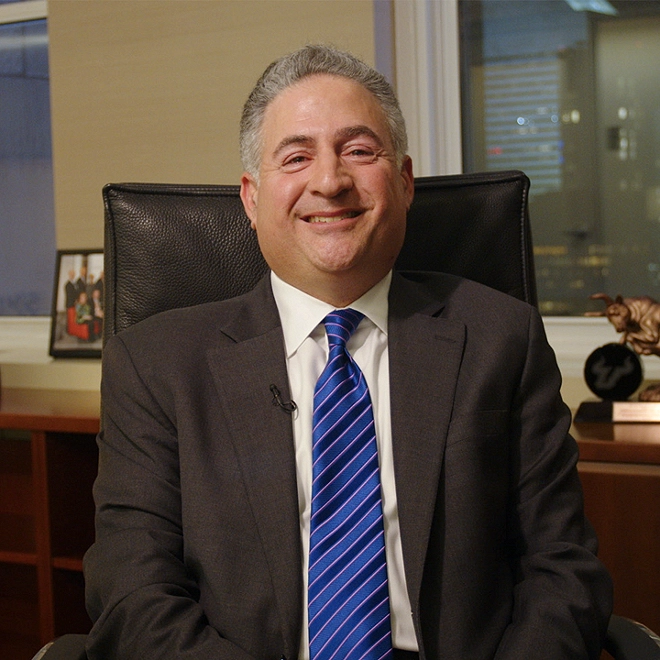Deloitte at WEF Davos 2024
Deloitte is collaborating with leaders around the globe to help address some of the most pressing challenges and opportunities in business and society.
Connecting the dots. It’s what we do.
Since the beginning, Deloitte has been about creating connections. With our clients, our talent and our communities. Connecting with leaders far and wide, we are changing the world—making an impact that matters.





